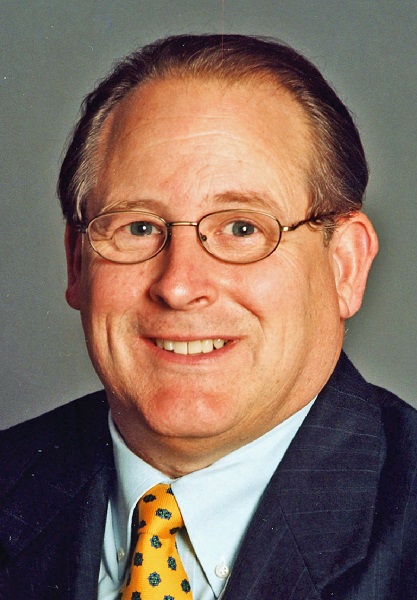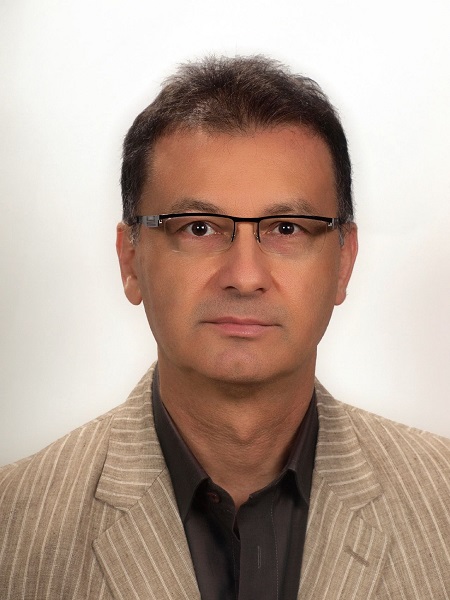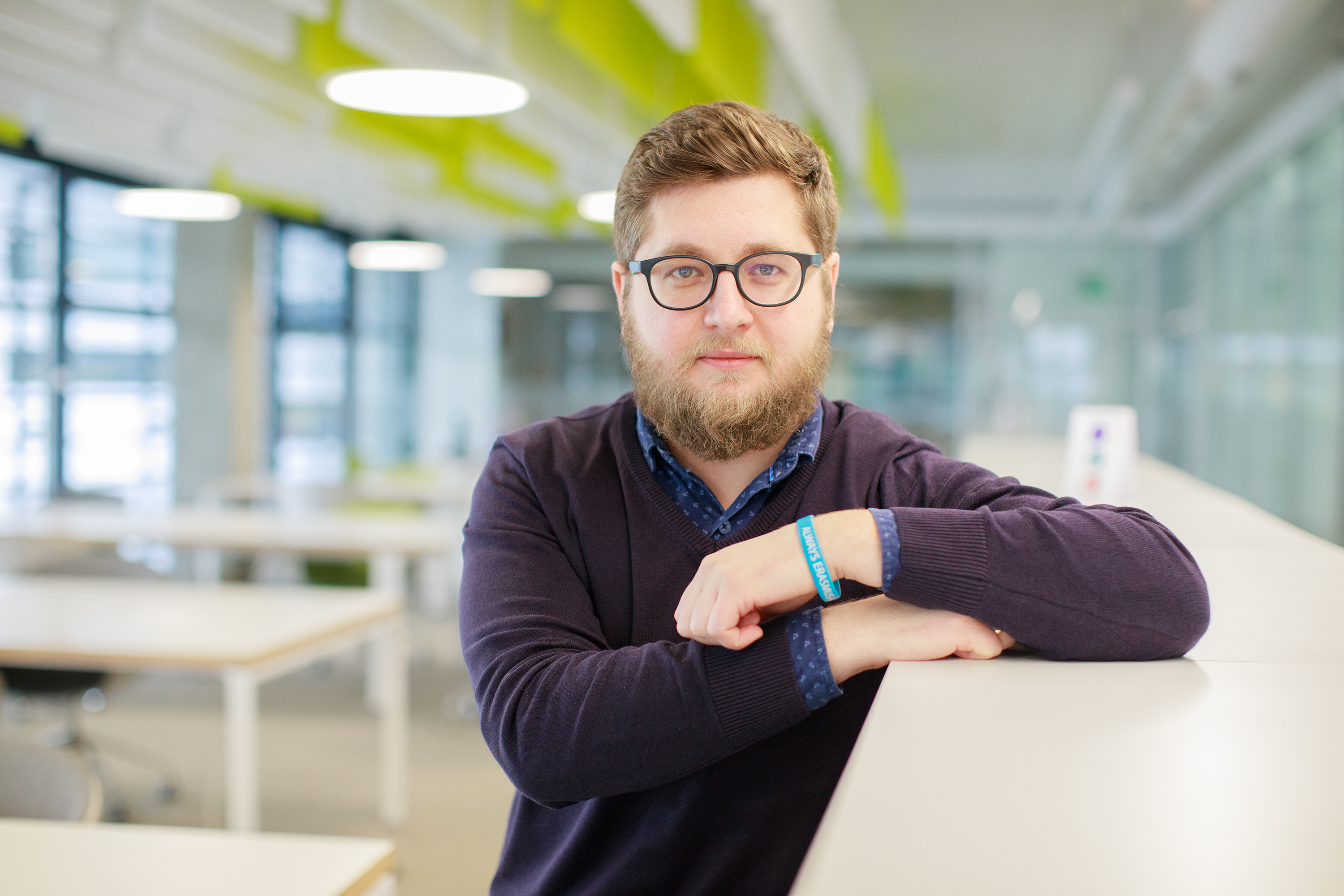Global Engagement > Partnerships > Programs for Partner Institutions > University of Dubrovnik - Essence of Democracy
The Essence of Democracy
Main Content
Project summary:
- This GLE project initially began with regular synchronous class-to-class discussions about political problems and issues, exploring the sharp differences in perception of and experiences with “democracy” in Croatia and the US. During those initial iterations of the project, students reflected on their evaluation of the significance of the longevity of “democratic systems” and their challenges and prospects. They prepared their own “operational definitions of “democracy” and produced a final set of generalizations and assessments based on the asynchronous session.
- Well into the second year of this project, the two professors uncovered a challenge that spawned a commitment to address the problem. The absence of civic education in the public school system in Croatia could be addressed with the creation of a digital game to introduce students to basic political concepts. During the ensuing two years, student collaboration has led to the creation of a video game, which was well received by faculty and students at the University Dubrovnik. The electronic discussions continue regarding the efficacy of the interactive video game. Additionally, in recent years four DePaul students visited the University of Dubrovnik, and students from Dubrovnik came to Chicago to visit DePaul.
Project length:
Technology tools used:
Interaction Mode:
- Synchronous
- Asynchronous
- Mobility visits to Dubrovnik & Chicago
Learning outcomes:
- Students confronted and chronicled the sharp differences in perception of and experiences with “democracy."
- Students compared and contrasted Croatia as it transitions towards democracy and the US, an elaborately institutionalized democracy drifting away from a classic model.
- Students learned about the perspectives of others different from themselves.
- Students gained the knowledge of global interconnectedness and interdependencies.
Reflection Component:
- Students reflected in virtual synchronous and in-person reflections. The mobility-enhanced visits allowed students to share ideas and reflect on the progress to date. Students rotated into the project and often shared their impressions as they left the program.
Newsline story:
Richard Farkas

Institution: DePaul University
Discipline: Political Science
Course name: Comparing Dictatorship & Democracy
Pero Maldini

Institution: University of Dubrovnik
Discipline: Political Science
Course name: Croatian Political System/Contemporary Political Processes
Dmytro Sherengovsky

Institution: Ukrainian Catholic University
Discipline: Ethics, Politics, Economy Program
Course name: Ethics, Politics, Economy